AARP Hearing Center


Chapter 17
1993
IT WAS NINE, STILL NOT QUITE raining but almost, the moisture hanging there in the air as though it was just waiting to be pushed over the edge.
He had said, “Stop by the café.” Had he meant it? Was he just being polite?
I turned down Eustace Street and wandered around Temple Bar. People poured out of the pubs and I had to dodge a kid vomiting against a brick wall on Temple Lane and a couple making out next to the youth hostel entrance on Fowne Street.
Conor was locking the door as I approached the café and I called his name so he wouldn’t be surprised to find me standing there.
He looked surprised anyway. “You’re not looking for salad, are you? Trust me, it’s shite by this time of night.”
“No. I was walking by so I thought I’d see if you were here.”
He looked down at me. He was wearing a brown leather motorcycle jacket, boots. He put the keys in his pocket and then held his hands out at his sides. “I’m here,” he said. “At least I think I am. I just had a load of seventeen-year-olds come in completely langered. One of them was sick in the bathroom. Another one had to run out to be sick.”
“I think I saw him,” I said. “I had to move fast to save myself.”
He grinned, then caught himself and asked, “Is there, uh, news?”
There were still a lot of people on the street and it didn’t seem like the right place to ask him about Erin. “Not exactly. Look, do you want to get a drink? I could use a pint, and it sounds like you could, too. There’s something I want to ask you. About Erin.”
He looked away and I thought he was going to give me an excuse, but then he forced a smile and said, “All right, then. It’s going to be pissing rain in a few minutes.”
We started walking and he said, more to himself than to me, “Where will we go? Ah, the Palace is all right,” and we walked along Fleet Street for a couple of minutes before he held the door for me at the Palace Bar. It was small and crowded and old-fashioned inside, but we got our pints and found two stools at the back, up against a bar along the wall.
The stools were close together and when I slid mine in, my thigh came to rest alongside his. I could feel the heat from his body. He shrugged off his leather jacket and I caught a whiff of his deodorant, spicy, sharp, not something I recognized. He took a long sip of his Guinness. “Well, what is it you want to know?”
“The cops, the Guards, wanted to know if Erin had any boyfriends. They probably asked you, too.” He nodded. I said, “I was just at the Raven and the barman said that Erin was in there talking to some older American guys. They were with an Irish guy and a guy from the north and he said he thought they were Provos.” The word felt odd in my mouth.
He stared at me, shocked. “Provos? He said that?”
“Yeah. Does that ... Did she ever say anything to you about that?”
He still looked shocked. “That’s ... He can’t be thinking ...” But then something occurred to him. He met my eyes and looked away.
“What?”
“It’s not ... I just remembered it now. She left one night after her shift and came back a bit later. She said she thought someone was following her. I was finished my shift anyway, so I saw her home. She said maybe she’d imagined it, but she was a bit wobbly. Something scared her right enough.”
“But she didn’t say anything about any Americans or these ... Provos? I don’t even really know what he was saying.”
Conor took a deep breath and leaned back against the wall. “That’s ... I’d say his implication was that the Americans were over as part of some kind of arms-smuggling arrangement. Or maybe just arranging financing.”
I stared at him. “And Erin was somehow connected with these guys?”
“I don’t know. Maybe he thought they were trying to recruit her.”
“What? To the IRA?”
“One of the splinter groups, like. I know it sounds mental, but it’s happened. Not recently, though. It feels like a bit of a relic of the seventies and eighties, if you know what I mean. But a clean passport, an American who can travel freely. I’ve heard stories, but it’s probably pretty uncommon.”
I say, “Erin, she ... I never heard her talk about any of that stuff. I don’t think she even, like, understood the Troubles. I tried to explain the demographics of Northern Ireland to her once when some guys got into an argument at the bar, and she didn’t understand it. I mean, beyond singing ‘The Foggy Dew’ on Saint Patrick’s Day, I never heard her talk about politics. I don’t think she could have told you what ‘home rule’ meant.” He was watching me, a little smile on his face. “What?”
“Nothing. I don’t want to offend you.”
“You were about to say that not understanding Northern Ireland has never stopped Americans getting involved before?” He grinned. “Yeah, but.” We stared at each other for a long moment.
A couple of guys at the front started playing traditional tunes, not a proper session, just the two guys, a guitar and a fiddle between them.
Now he was watching me. “You’re a bit of an Irish history buff, are you?”
“I went to Notre Dame for English and focused on Irish Studies. I got a prize and everything.”
“Really?”
I liked the way he said really. He found vowels in it I didn’t even know it had.
“Erin never said. Are you in grad school?”
“No, I was planning on it. I was about to do my junior year here but then my mother got really sick. And then she died. And after all that was over ... I don’t know. It was all I could do to finish my undergrad degree.” He didn’t say anything for a minute, so I went on, babbling out of nervousness. “Maybe I’ll still go. I really like it here, even with ... I don’t know what I’m doing, to be honest with you. I’ve been working at my uncle’s bar. I think I sort of just felt like, what was the point, you know? Did I really want to spend the rest of my life reading and rereading one particular passage of Joyce and, like, writing about chickens in his work or something? I mean ...”
He had an amused look on his face and I realized with horror what I’d done. “Oh God,” I said, but I couldn’t help laughing. “I just totally offended you, didn’t I? Oh my God, you’re studying chickens in twentieth-century Irish history, aren’t you? What are you studying?” I covered my face with my hands. But I was laughing so hard I couldn’t stop.
He was laughing, too. “Well, yes, it’s true, I’ve devoted my entire academic career to ... the role of chickens in late-twentieth-century Irish political history, but you know, you’re right. It’s totally pointless, so if you’ll excuse me, I think I’ll just go and off myself in the toilet.” He pretended to get up, but I grabbed his arm and pulled him back onto his stool. He fell against me and I felt a charge of energy when he grabbed my arm to steady himself.
There was a raucous shout of laughter from the other end of the bar. The guys were playing a jig now and a drunk tourist was trying to dance.
“I’m so sorry. What are you really studying? I bet it’s hugely important to the survival of the planet.”
He put on a mock formal voice and said, “Irish neutrality during the Emergency and the development of European identity.”
“Hmmm. Interesting.” “The Emergency” was the term used to describe the World War II years in Ireland. “What are you writing about?”
“Right now I’m writing about the secret negotiations between Ireland and the US to buy arms during the war.”
“Did we sell them to you?”
“No. You rejected us.”
“I’m so sorry. I thought we had this special relationship, America and Ireland. I took a whole class about it.”
“Ah, but you see, there was FDR, who was very pro-British. You also have a special relationship with Britain, a very, very special relationship. And see, that’s always been the tough thing about our relationship.”
I swallowed, ventured. “Is that right? That’s the tough thing about our relationship?”
He laughed. “I don’t know what the tough thing is about our relationship, mind you ...” He grinned at me and I felt my heart shift. “But the tough thing about the Emergency was that Roosevelt wasn’t going to do anything to go against Downing Street, even though there was the Irish and American relationship, fed and watered by Irish Americans in Boston and New York and—”


























































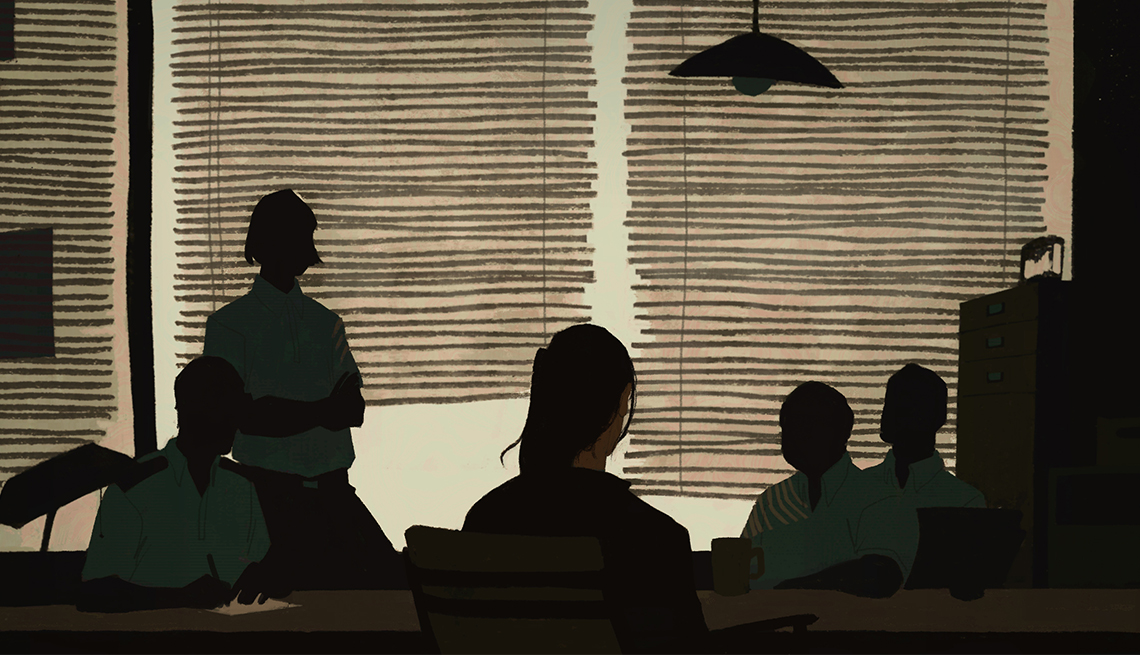
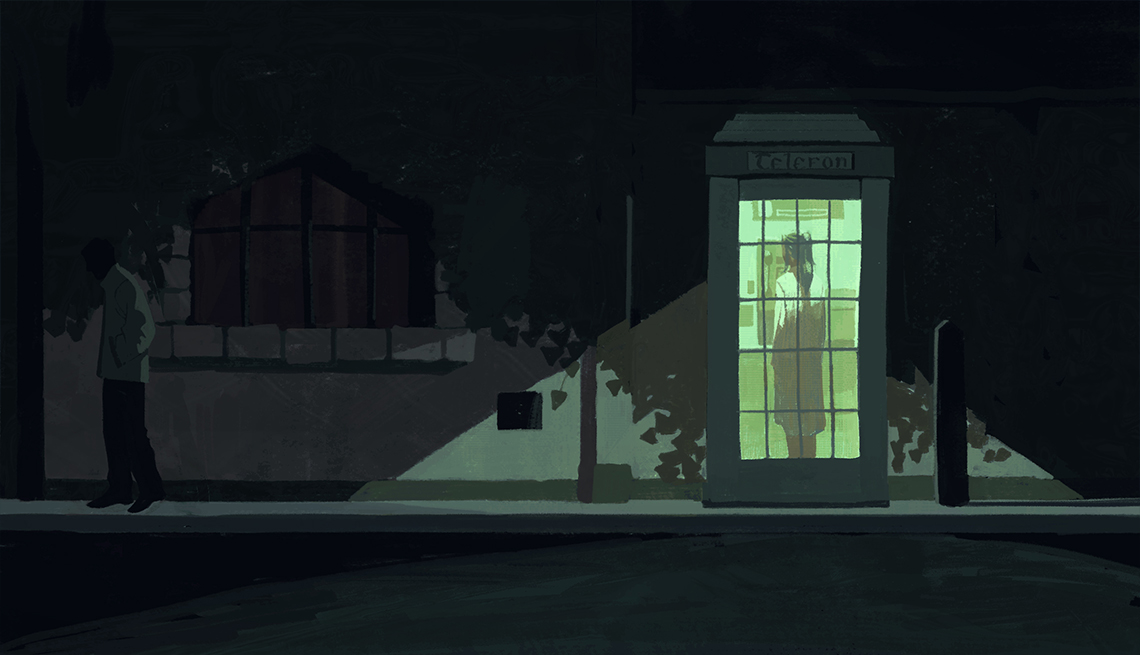
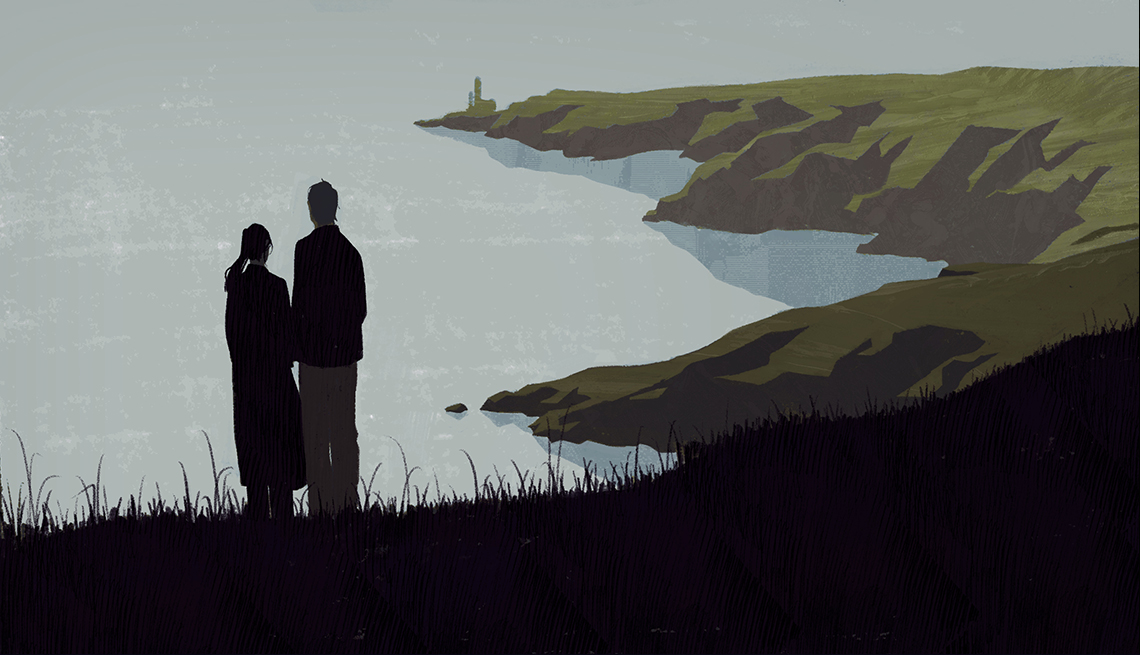
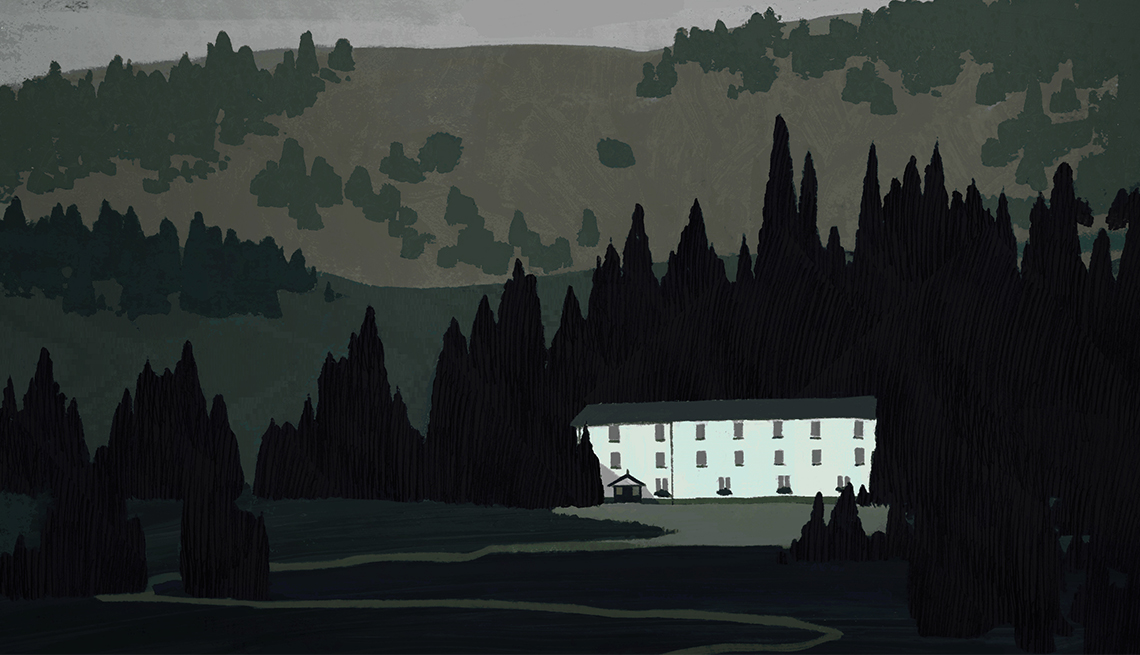
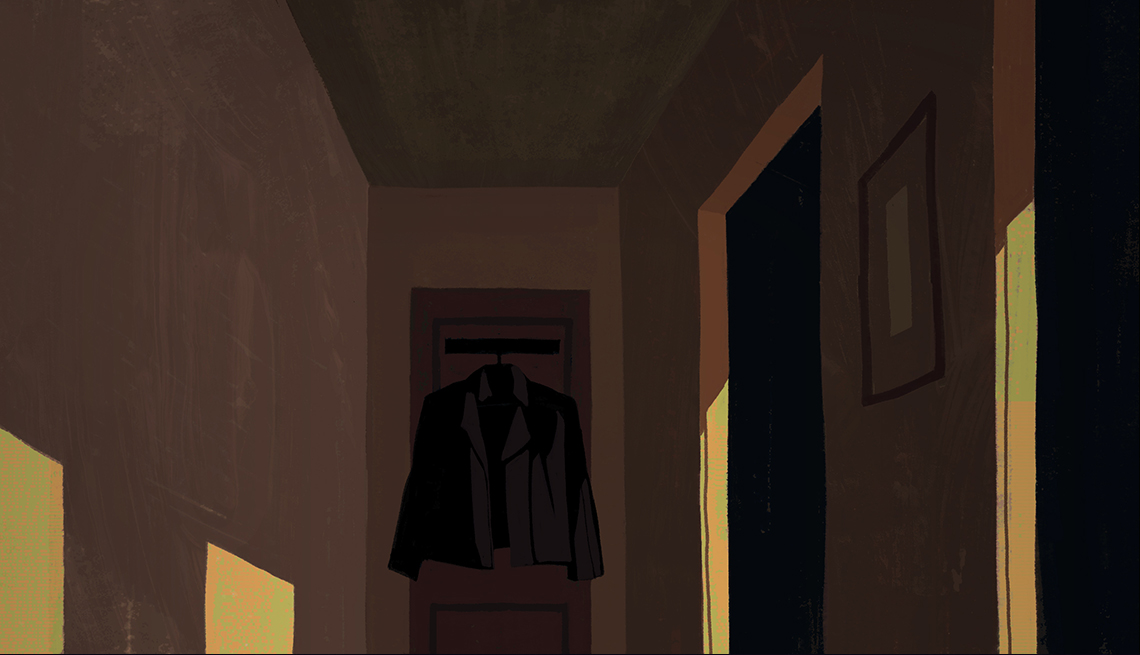
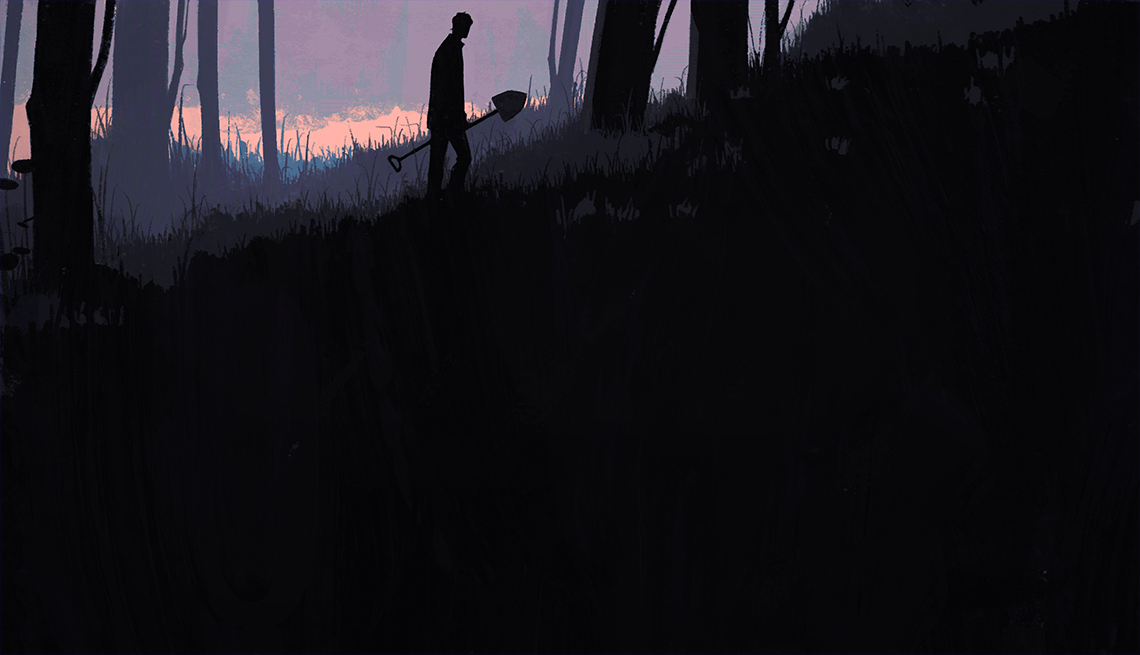
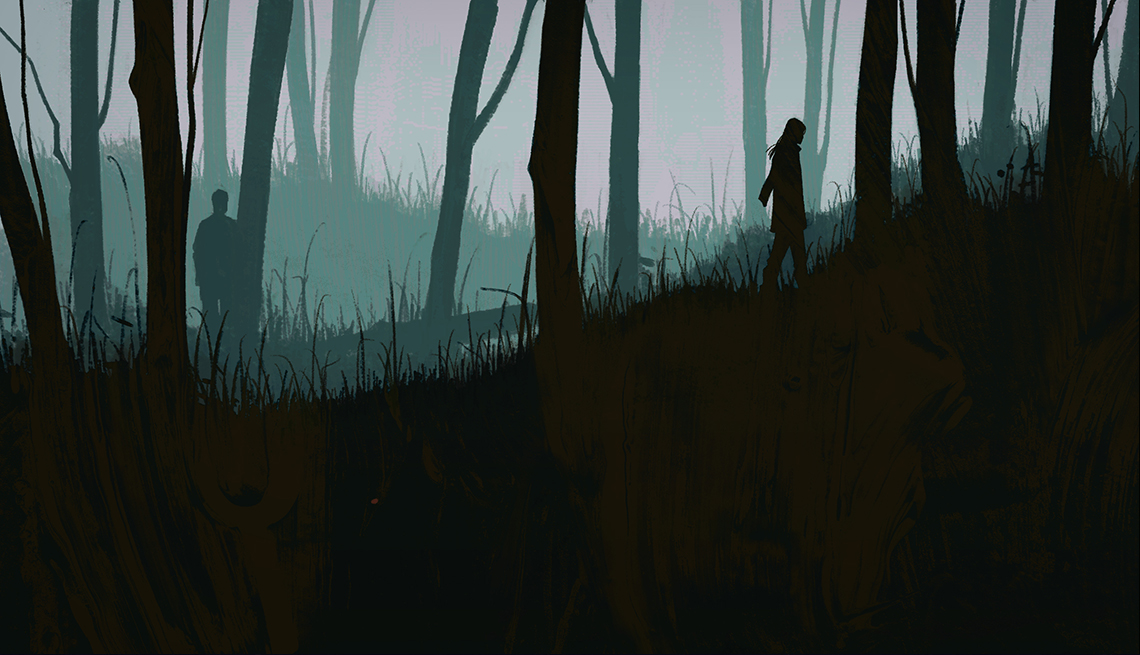
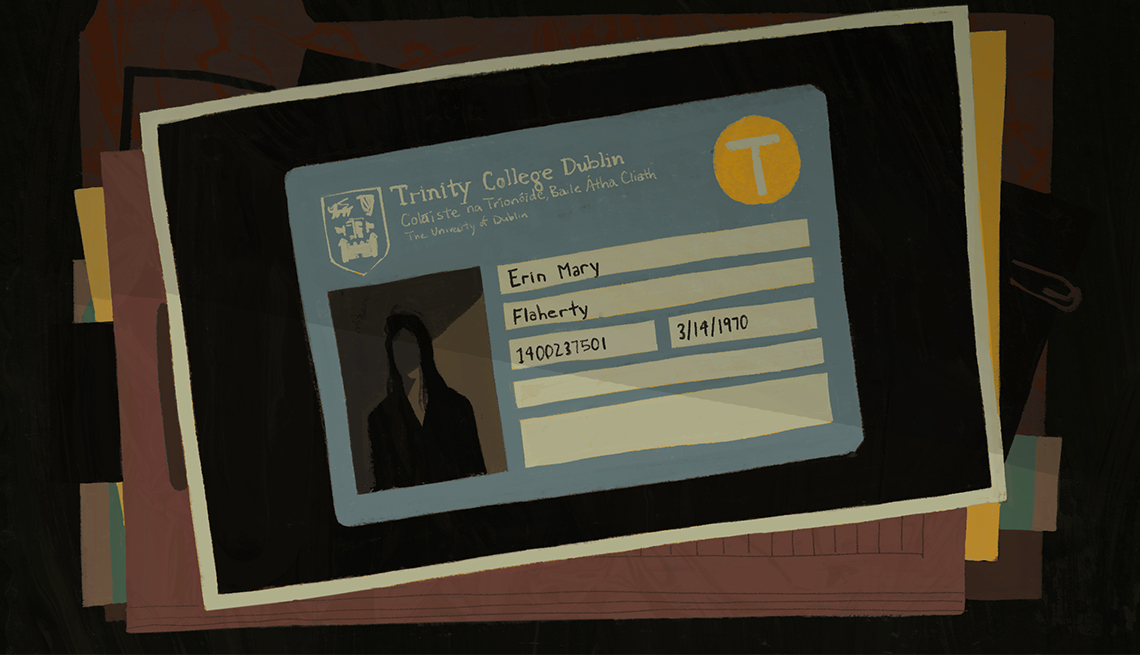
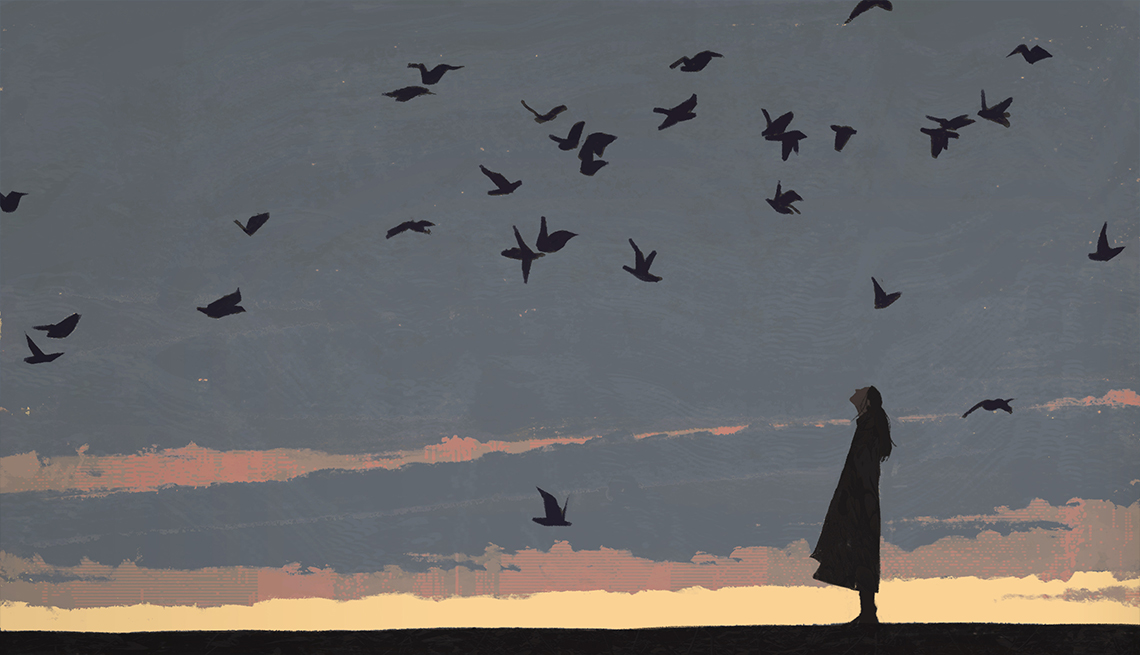
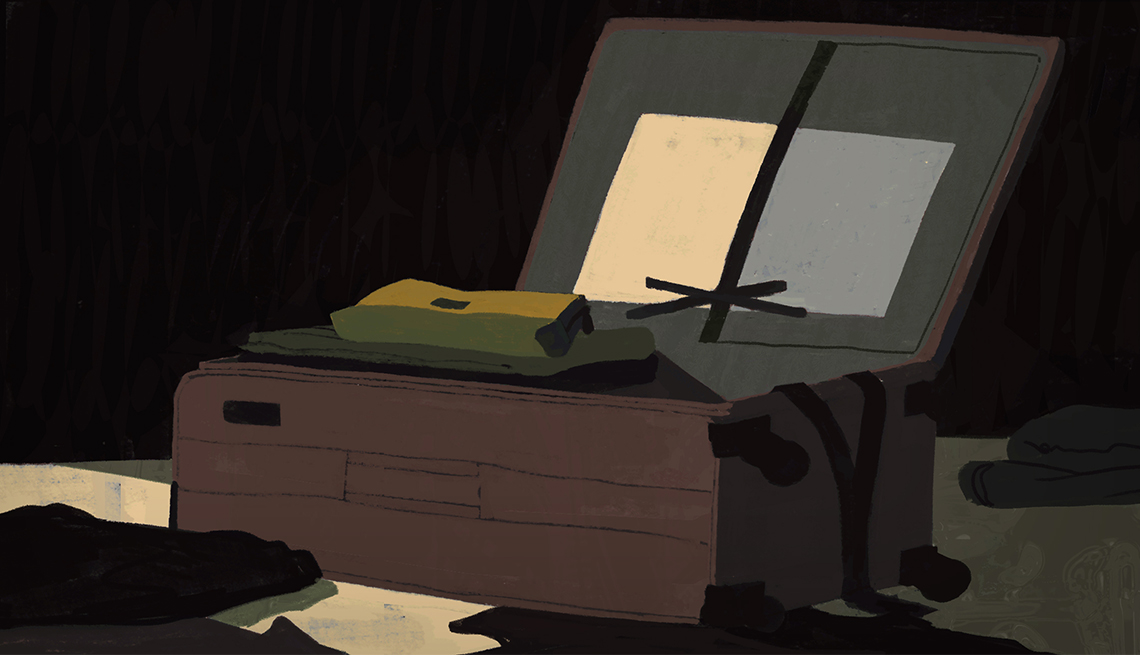
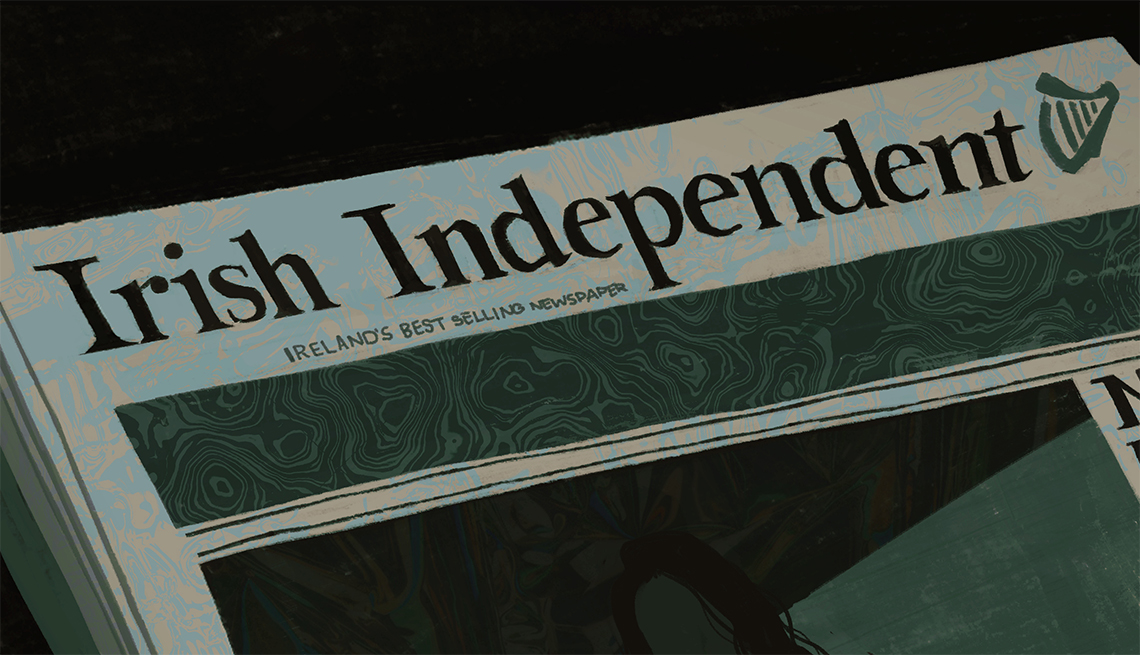
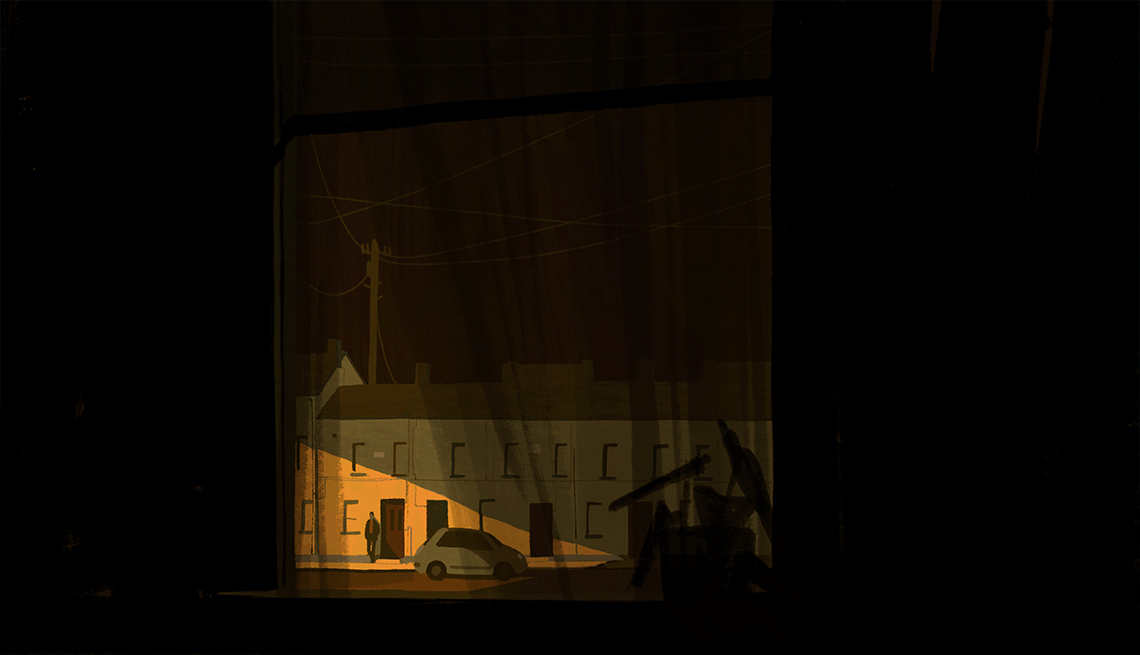
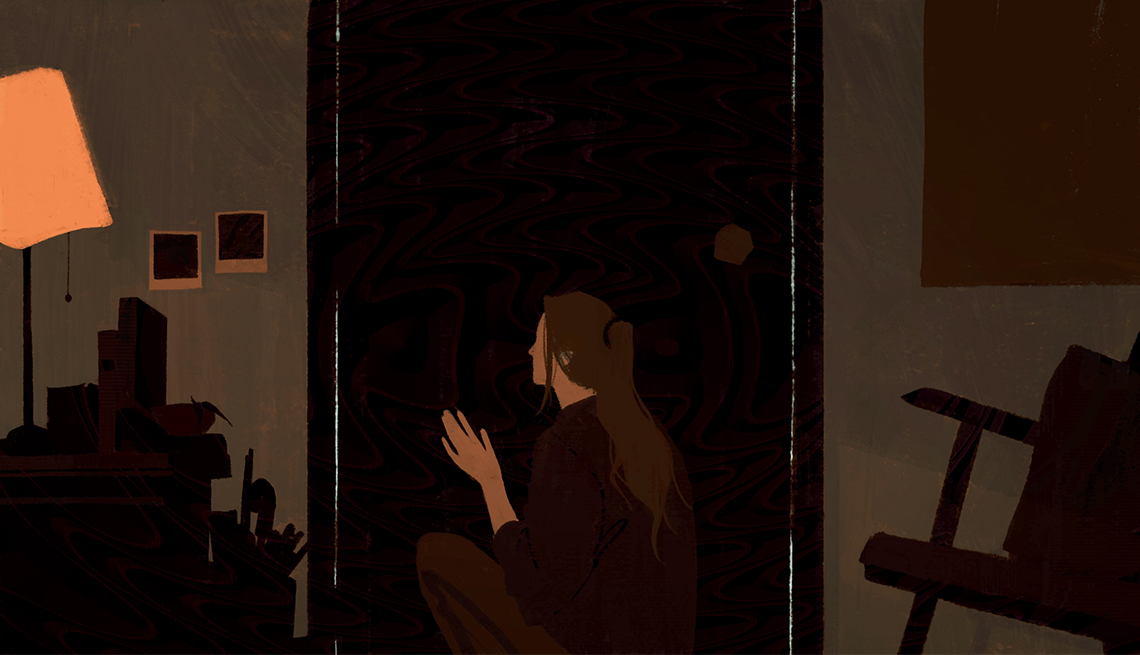
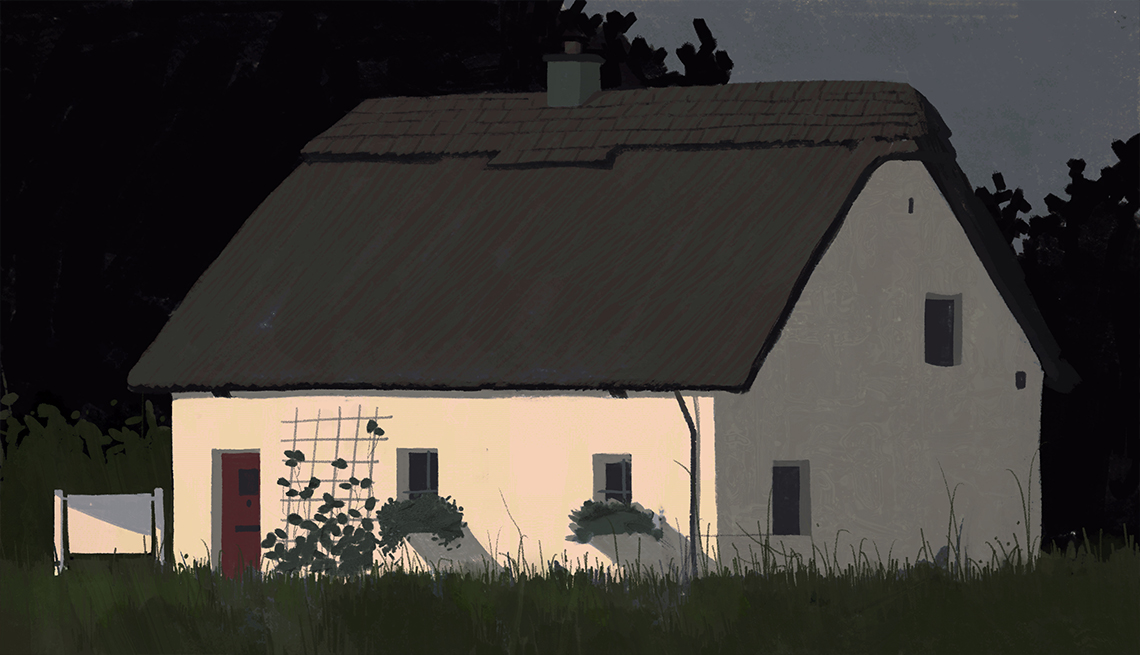
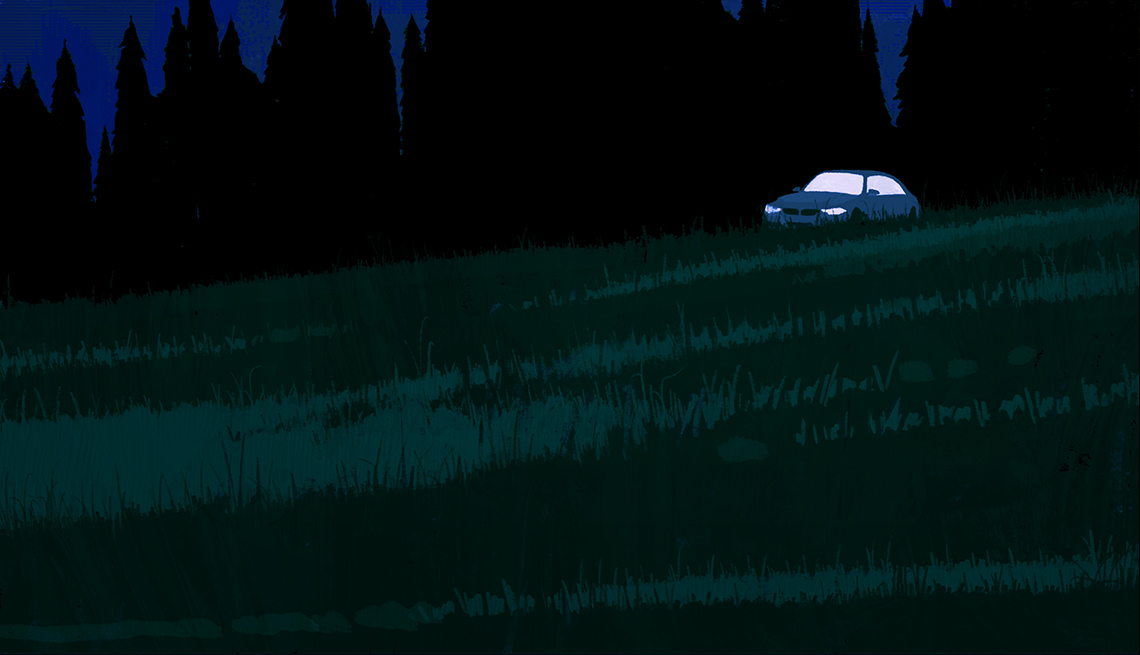
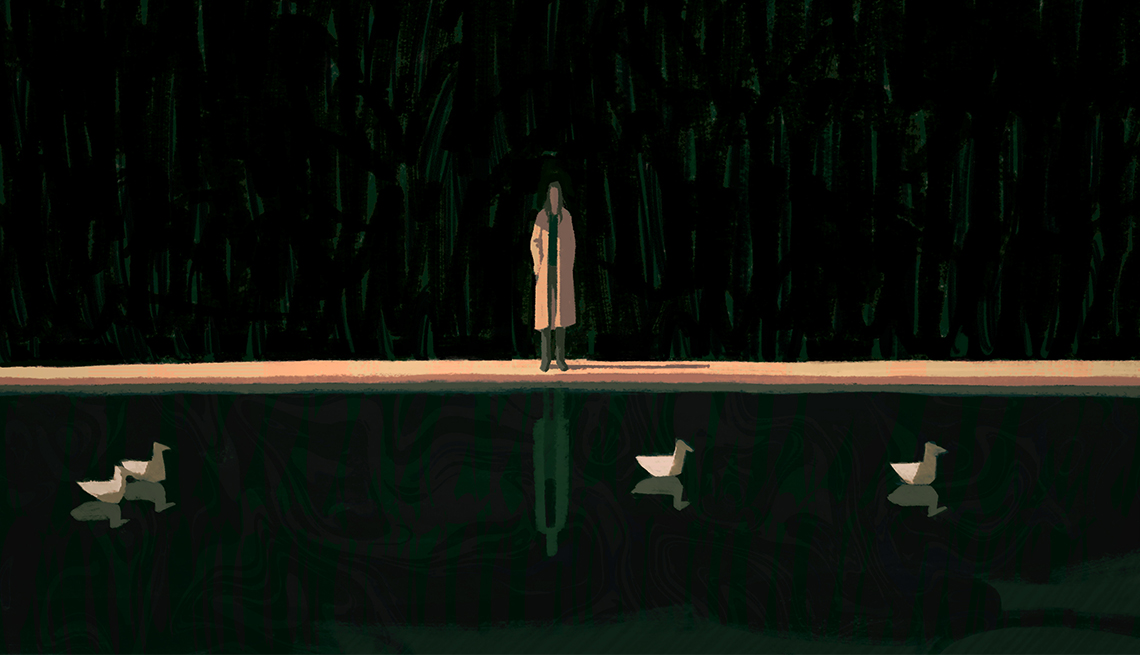
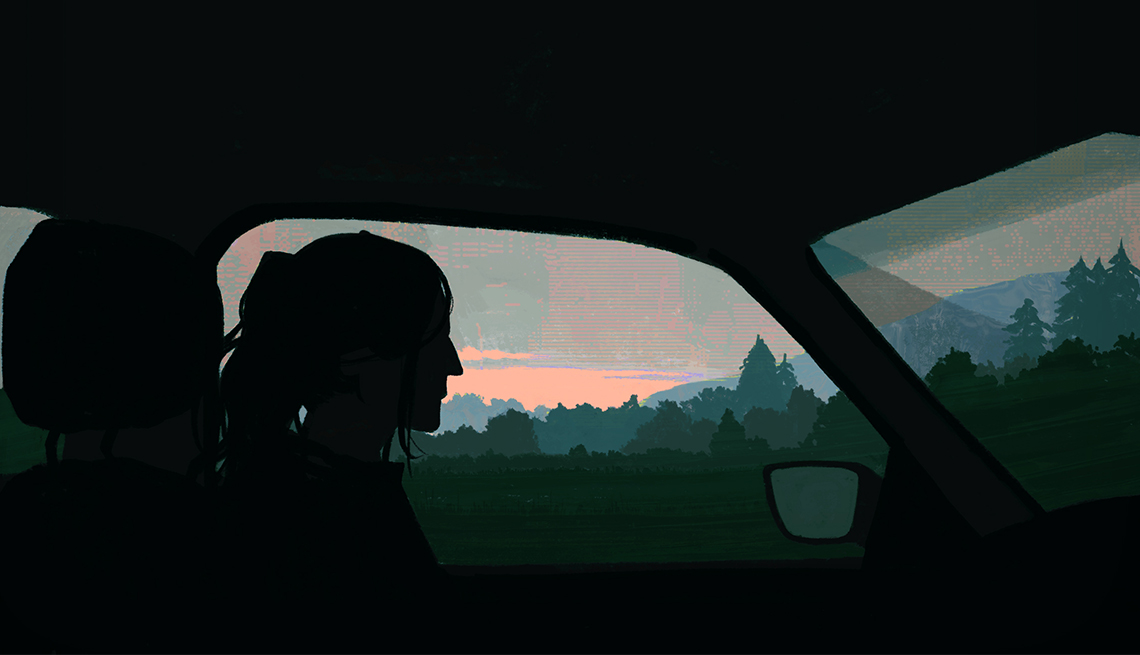
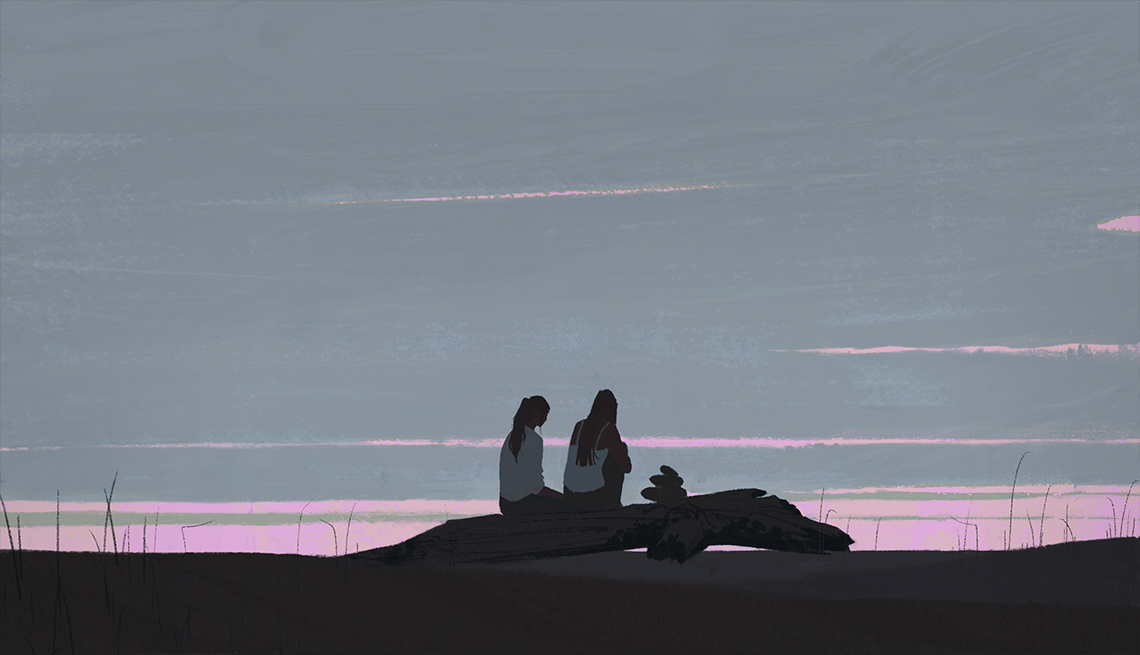
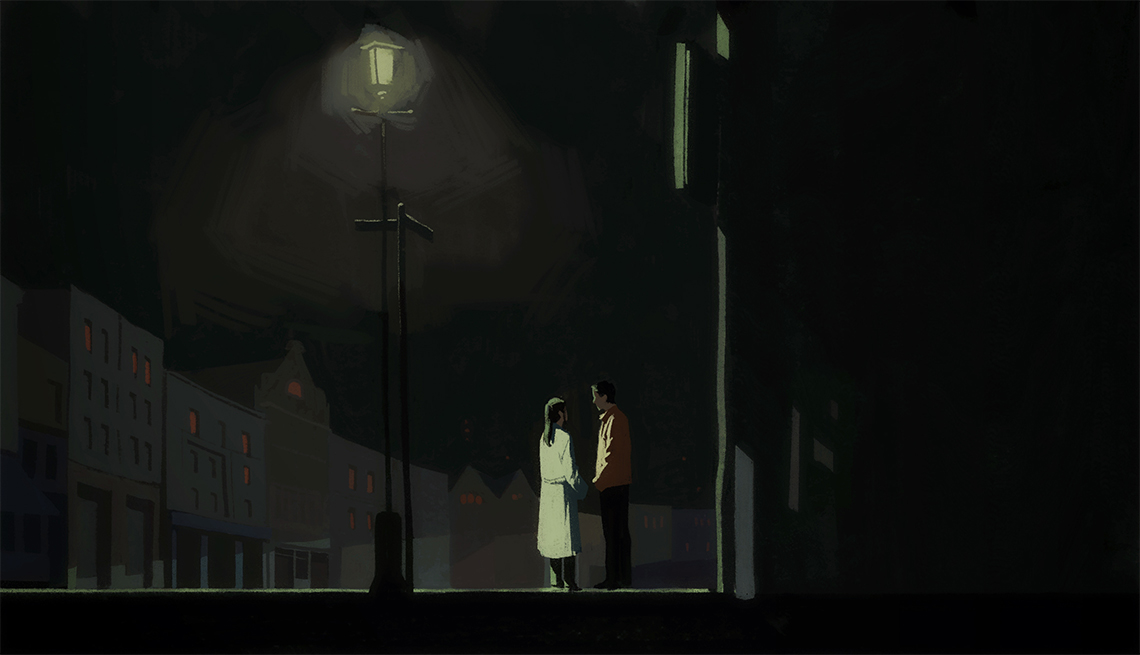
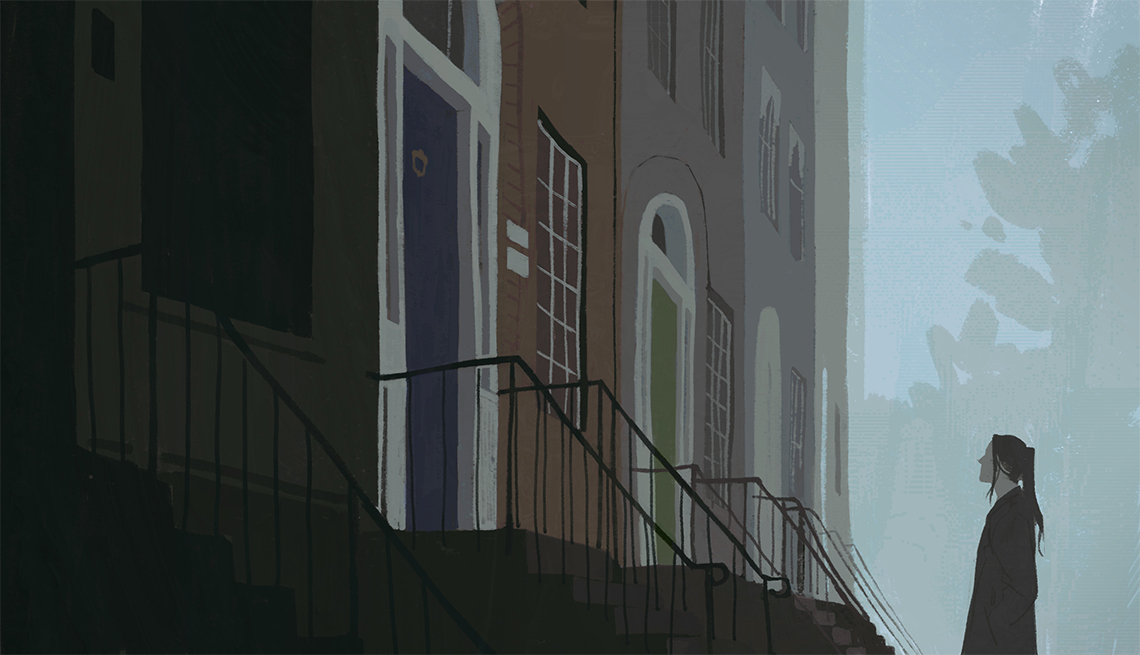
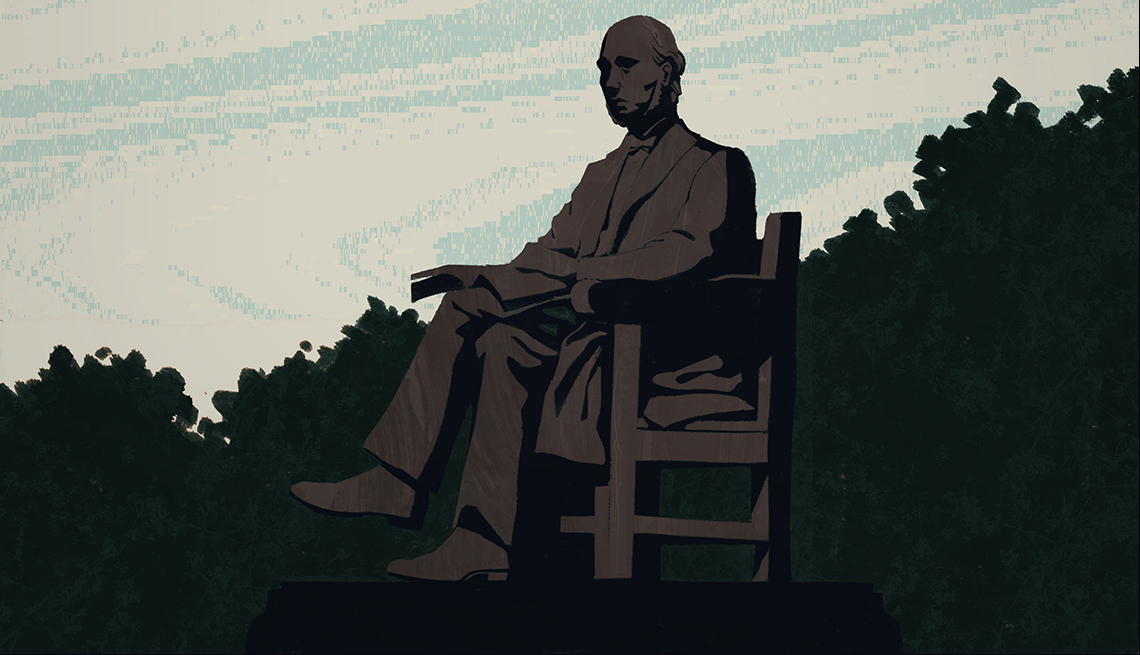
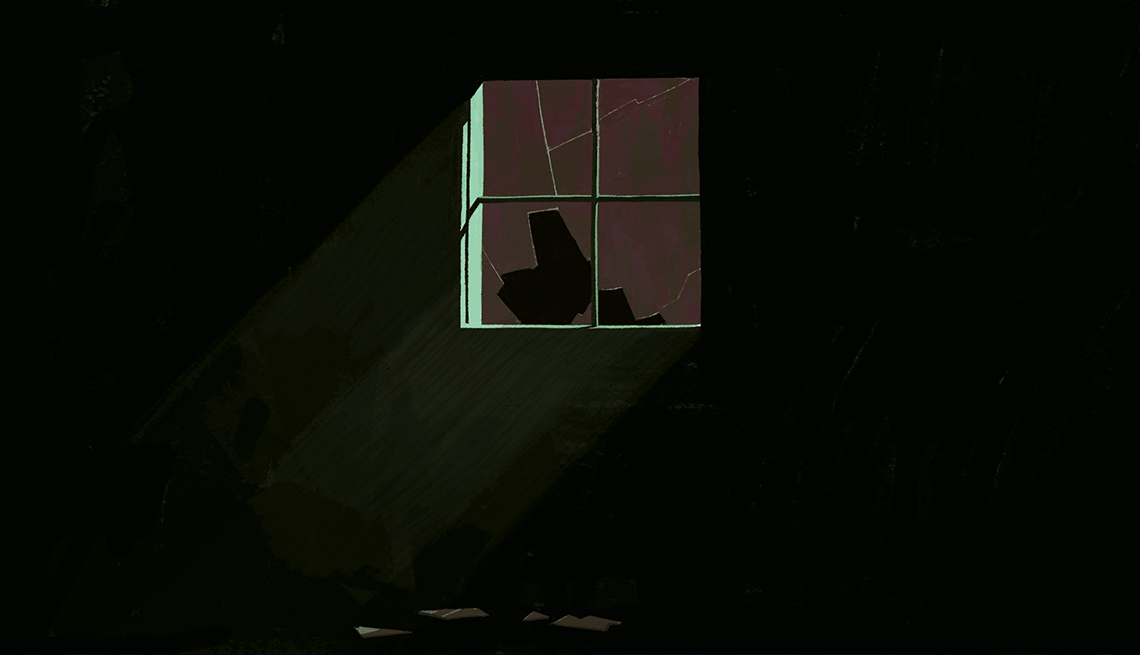
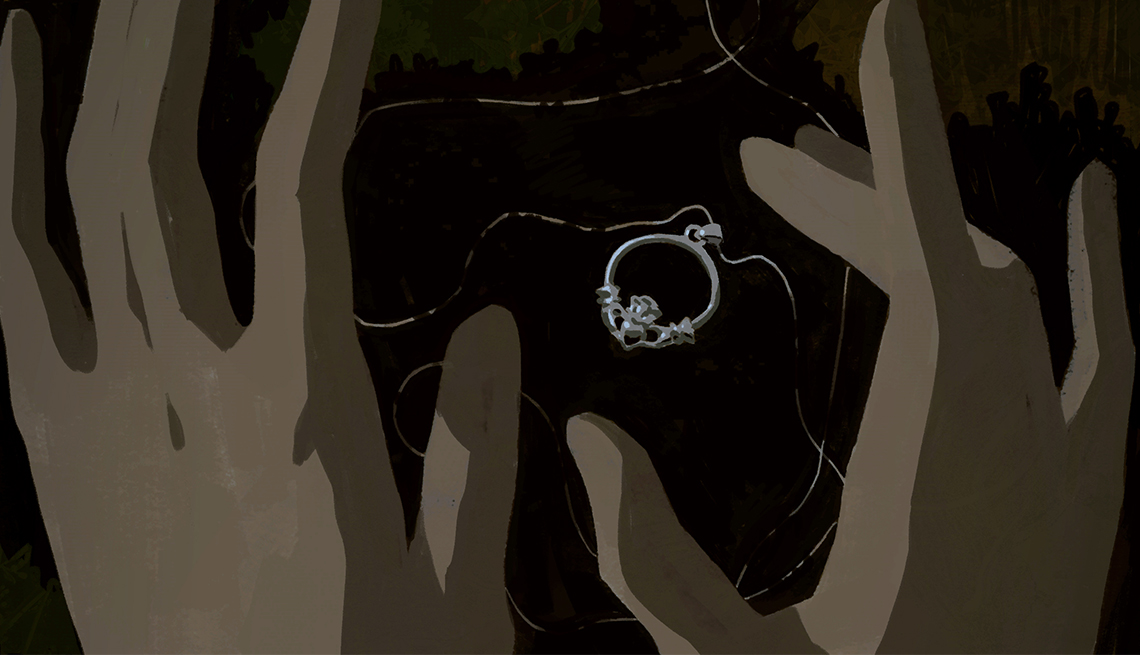
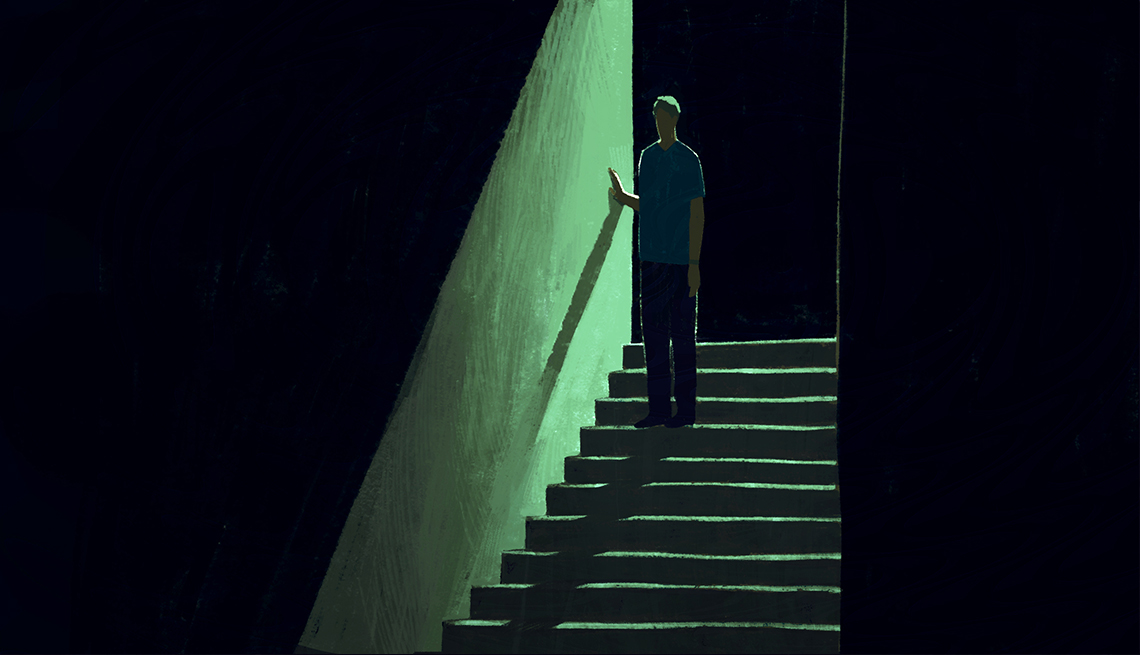
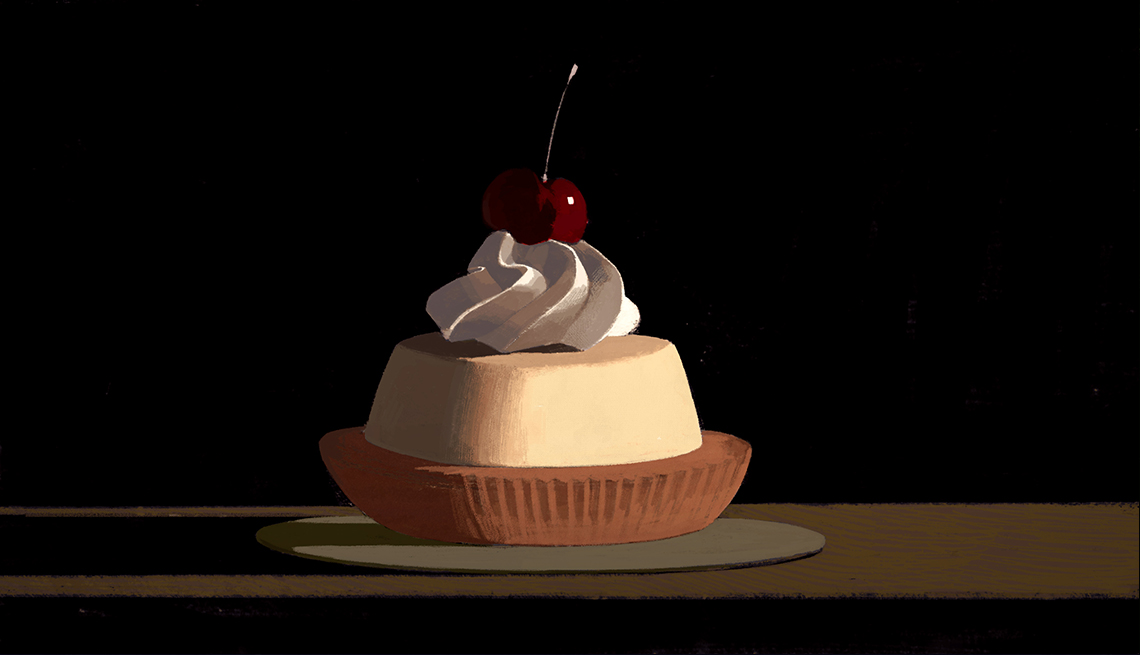



More From AARP
Free Books Online for Your Reading Pleasure
Gripping mysteries and other novels by popular authors available in their entirety for AARP members